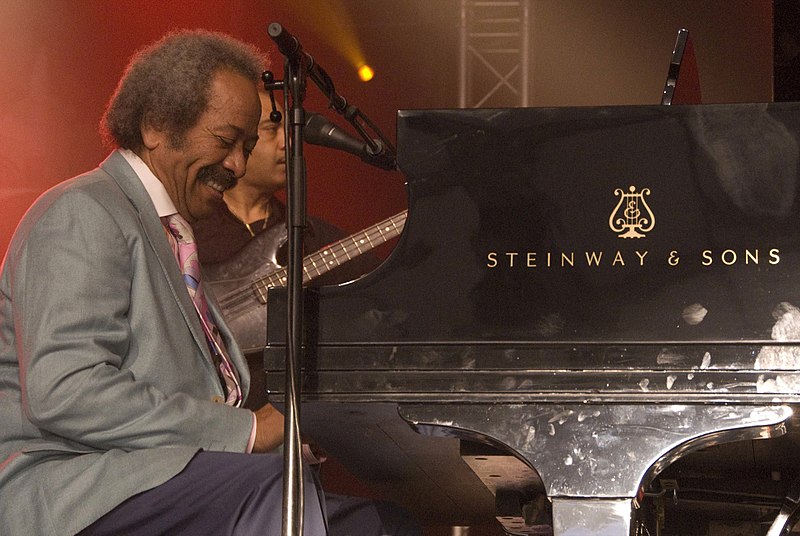212
By James A. Smith
LSU Manship News Service
BATON ROUGE -- A House committee approved a bill that would enact the Allen Toussaint Legacy Act, outlawing the use of a deceased individual’s name, image and likeness without the consent of the individ




